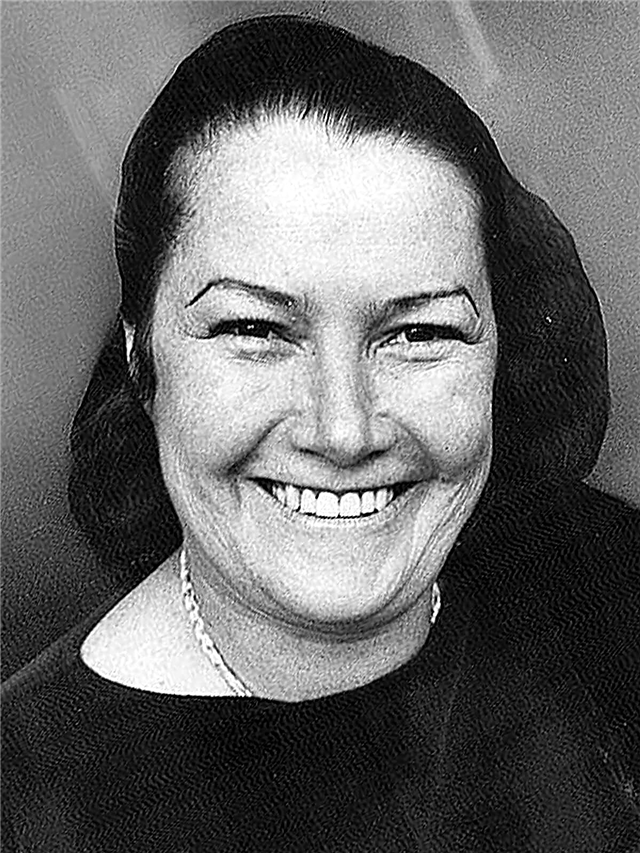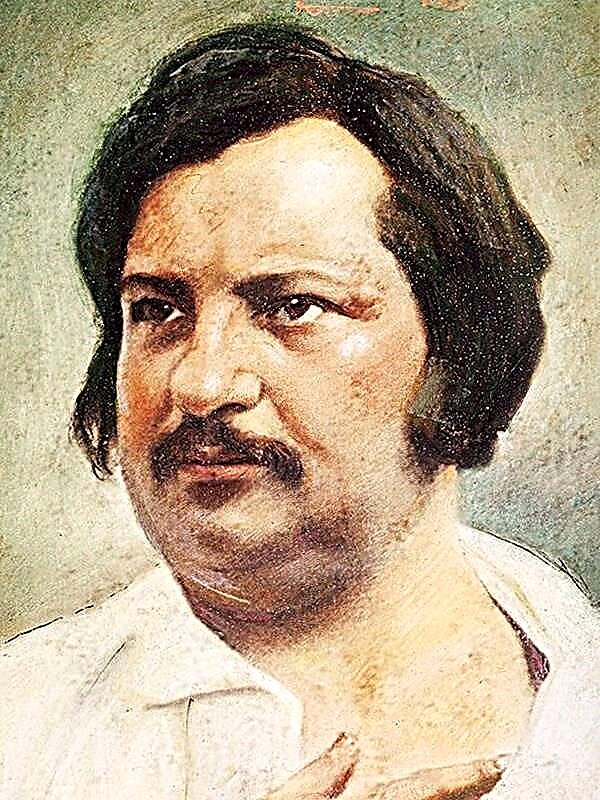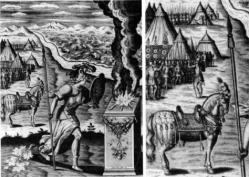(345 words) Boris Leonidovich Pasternak is one of the most famous and persecuted writers of the 20th century. He most often wrote ornate and philosophical works, but the poem “July” cannot be called difficult or difficult, it has nothing to do with the difficult fate of the author. Like the hero himself - the summer month of July is warm, cheerful, welcome, after reading the poem leaves a light mood and creates a good, joyful atmosphere. It was written in four-foot iamba using a cross-rhyme - such a structure makes it convenient and pleasant to perceive.
“July” refers to the genre of landscape lyrics, to which at the end of his life Pasternak began to turn more and more often. However, it is somewhat unusual, because nature in the poem is not the subject of description in the classical sense, but the main character. She becomes a full-fledged living being who is able to think and act. Hero of Parsnip - July. This is a playful, good-natured, cheerful young man (and maybe some kind of magical creature, such as a brownie) who comes to visit the lyrical hero (rents his cottage) and impudently-friendly intervenes in the affairs of others. This “pampering ignoramus” is designed to dispel boredom and add a touch of carefreeness to monotonous everyday life, that is, to make the leisure of others truly summer.
The lyrical hero of the poem is hiding in the shadow of the main character. He is an observer: he looks from the side at his amazing guest and admires his unusualness. It is from the lyrical hero that the reader learns what July is. The peculiarity of the story here is that the lyrical hero is trying to convince us that his acquaintance is a man with certain qualities, and we feel that this is such an unusual move. The author hides under the face of the protagonist a natural phenomenon, its characteristic features and those emotions that a person experiences in relation to the summer month of July.
In order for the reader to immediately appreciate the beauty of the author’s game with images, the poet, creating intrigue at the beginning of the narrative, erases this mystery from the name. The author wants to give the mystery of his character, but this is not his main task. Therefore, he immediately gives the reader a hint, thereby forcing him to concentrate on the mood of the poem, and not on the secret of the hero.
In his poem, Pasternak surprisingly cleverly combines a fascinating plot and a breezy description of nature. The author wanted to remind the reader that the phenomena, sometimes seeming ordinary and ordinary, upon closer examination and with a light play of imagination can surprise with their novelty.












